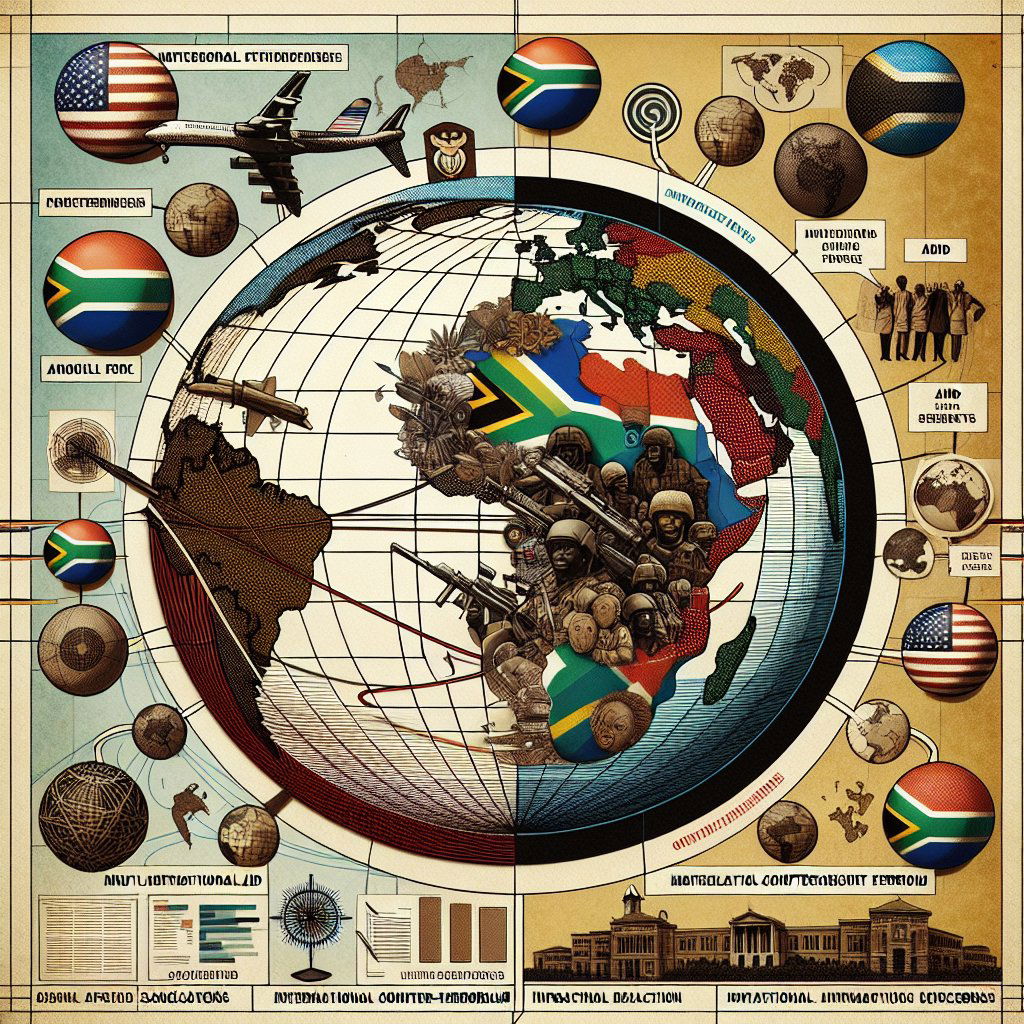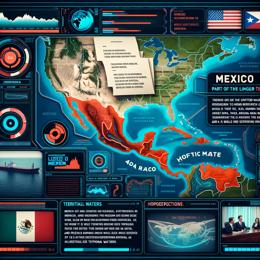Image: AI generated for illustration purposes
South Africa's Paradoxical Fight Against Islamist Extremism
South Africa (SA) has recently been thrust into the global dialogue on counter-terrorism, grappling with its engagement in Mozambique's conflict against jihadist insurgents. A report by the UN Development Programme declared Sub-Saharan Africa the new focal point of violent Islamist terrorism, with SA deploying its National Defence Force to aid the Southern African Development Community (SADC) in combating groups linked to Islamic State in the region.
However, SA's systematic stance on Islamist extremism has been met with criticism, and its history with such matters points toward a state of dichotomy. During former President Nelson Mandela's tenure, the stance was strongly against interventions like the U.S.-led Iraq War, veering towards a narrative that downplayed threats of jihadism in Africa.
In recent years, South Africa's response to Middle Eastern political unrest reveals a conflicted approach. Its Department of International Relations & Co-operation displayed a perceived impartial response to escalations involving Hamas and Israel. The SA government made no outright condemnation of Hamas' actions while quickly censuring Israel, neglecting to uphold a balanced perspective on Hamas' charter resembling that of other jihadi groups active in Africa.
This position contrasts with South Africa's silence on global events like Russia's invasion of Ukraine and the diplomatic visits to Iran—an active supporter of various terror groups, including Hamas. The country's stance raises questions on consistency and the efficacy of combatting terrorism while seemingly aligning with one side of a dispute that features jihadi elements.
Domestically, South Africa has seen its share of radicalism with People Against Gangsterism and Drugs (PAGAD) transitioning from a community group to a radical Islamist entity responsible for violent attacks. Alongside this, international intelligence reports have traced the presence of Hamas and affiliated individuals within South African borders.
Alarmingly, SA has been described as a hub for jihadist financing, with a robust network of so-called charitable and religious organizations linked to extremist fundings. This has attracted sanctions from the United States and led to SA's greylisting by the Financial Action Task Force for concerns related to money laundering and terrorist financing.
The revelations about South Africa's battle with extremism within its borders and the country's outlook towards international jihadi terrorism present a pressing concern for policymakers and the international community. For SA to effectively counter these threats, a unified and clear strategy against all forms of radicalism is imperative—an undertaking that involves overcoming decades of indifference and ideological bias.










